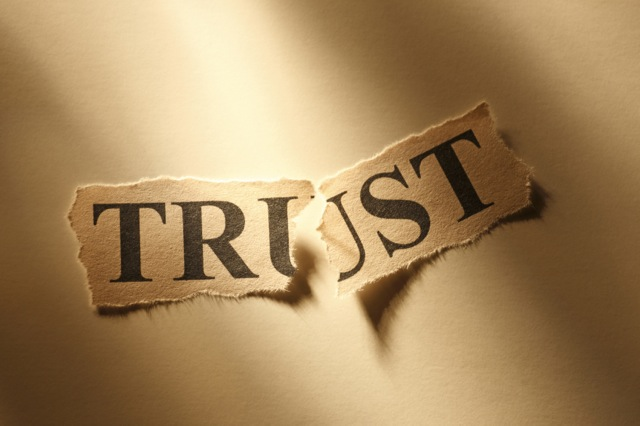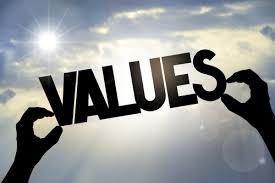On the weekend I attend the funeral of a 90yo. There was only 1 person in attendance with a known connection to the man. I did not know him. He had no known relatives. Why I was there is a complex story, but suffice to say they were 20 people present giving Mr Tibor P an appropriate and dignified exit from this world.
I was struck by many thoughts during the service. Just some of these were – What was Tibor’s story? How did he live so long and yet be so alone? There are 20 people here now, but where were they, me… all of us, when he was alive? You really can’t take anything with you, and nothing in this world lasts other than your deeds. That is when I really realised giving Tibor, who I did not know, an appropriate burial reinforces our humanity.
For me, this was because it reinforced the value of RESPECT. We showed Tibor respect in a very real way, in a way he could never repay. Respect is a word I often hear spoken about in my work. Relationships are about respect. Relationships involving conflict can only move towards resolution if there is some level of respect.

Almost every business and organisation that we work with has Respect as a core value. This is marvellous and appropriate, but what does it mean? It’s what you do with your values that count!!! The question, as so well articulated by Netflix’s Patty McCord, is “do you value your values?”
How do you demonstrate your values? That is, how do you reward an individual when they demonstrate or behave in accordance with a particular value? Are there consequences for none compliance? After all, every organisation’s actions are made up of individuals expressing their personal actions – at work we call these behaviours, outside of work we call them deeds.
Are people regarded as good performers and rewarded just because they hit a target, irrespective of the damage they cause on the way? When this happens TRUST in the organisation is fundamentally undermined as people no longer believe that ‘respect’ is a “value that is valued”
We see this constantly in the conflict space. Last week I was working with an organisation where a Senior Manager was in conflict with the CEO. They both articulated that the conflict was around targets and resources. After 5 minutes it was clear that these were just symptoms. The deeper cause was that the Senior Manager did not believe that the CEO respected the core work of the business. Why did she think this? Because in the Senior Manager’s mind, the CEO had rewarded a colleague for reaching a financial target, however, it had cost the organisation a key program that on which it had built its reputation. The Senior Manager considered that the CEO had rewarded poor behaviour and therefore she thought that the CEO did not respect the organisation nor its people. We are now cooperatively working through these issues.

Is respect a word on a poster in the lobby?
Is respect something tangible and real?
Are you able to articulate how you, and the people around you, demonstrate respect?
To Mr Tibor P… Your departure reminded me that we have to be clear on how our lives and our workplaces should stand as a living example of “valuing our values”. Respect must be demonstrated and not just articulated. Tibor, thank you for giving me a moment to remember this and pay my respects to you.



